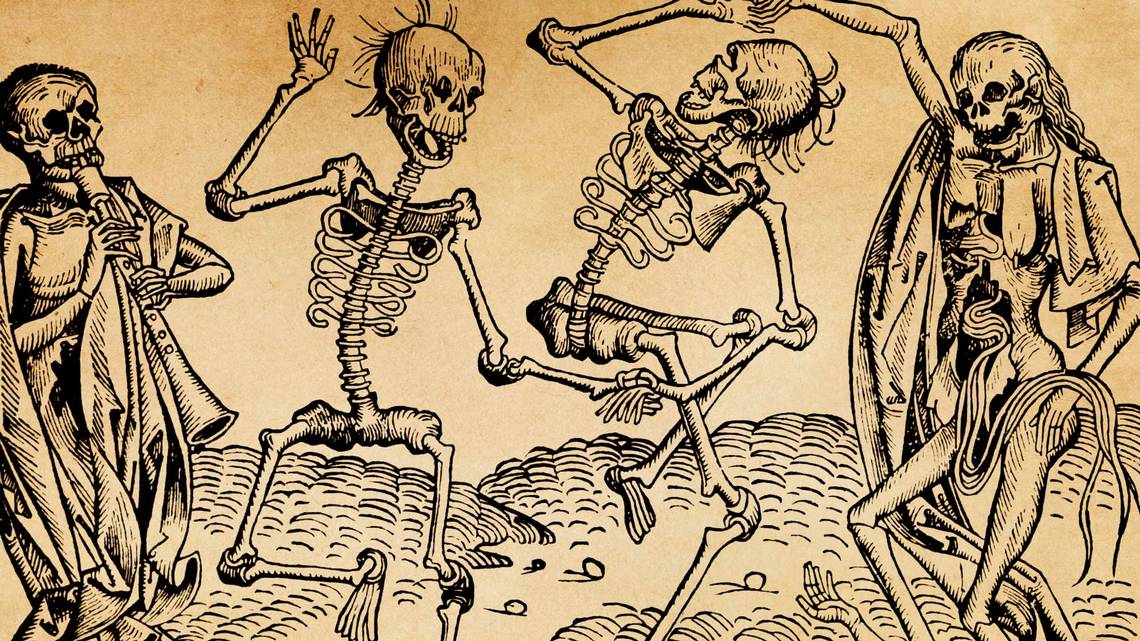COVID restrictions are coming back. And climate change is wreaking havoc. It is easy to get depressed.
New categories of psychological affliction have appeared. Worries about the climate generate “eco-anxiety” and “ecological grief.” And “COVID anxiety syndrome” has emerged. A recent New York Times column maintains that COVID anxiety is plaguing the globe.
Political dysfunction contributes to despair. The scientists know what we ought to do. But politics prevents us from doing it. Vaccines and masks are refused. And the oil pushers keep us addicted to fossil fuels.
Growing anxiety is especially hard on young people. A new UC Berkeley grad was recently quoted as saying that health crises and climate catastrophes have led her to not want children. She said, “it would be wrong to bring someone into that chaos, without their consent.” I’ve heard similar sentiments from my students.
This is a sad result. Young people are typically a source of optimism and energy. But today’s youth are afraid of the future.
In response, we might point out that the future has always been scary. My generation grew up during the Cold War. Many of us expected nuclear winter to destroy life on earth. Nuclear weapons remain an ominous threat to humanity. But as you grow older, you learn that each generation has its crises.
You also learn that solutions to big problems require painstaking and tenacious effort. Social change does not happen overnight. The American revolution lasted seven years. It took another four score and seven years to abolish slavery. We are still working on racism and inequality.
Realizing that history moves slowly can alleviate angst. A culture of instant gratification fuels anxiety. If we don’t get what we want, we freak out. But history is not like DoorDash. It moves at its own pace.
Patience is especially important when dealing with epidemics and diseases. Colds and flus have to run their course. Immunity takes time to develop. It helps to know that prior pandemics were not cured overnight. The Spanish flu epidemic of the early 20th century blazed for at least two years. The Black Plague ravaged humanity for decades in the middle of the 14th century. It continued to recur for centuries.
The Earth’s climate unfolds across even larger time scales. The Earth was once covered with ice. At other times, it was much hotter. What’s “normal” for us is not what’s normal for the Earth.
Humans thrive under present conditions. But homo sapiens only emerged a few hundred thousand years ago. Our species will go extinct, like most other species. That’s just the way it goes. It doesn’t help to fret about it.
But it does help to recall how resilient and adaptable we are. Our ancestors left the warmth of Africa and migrated across the globe. When we encountered cold climates, we invented clothing and furnaces. When we settled in hot, dry places, we invented irrigation and air conditioning. We’ve visited the ocean’s depths, Mount Everest, and the moon. We also invented vaccines and solar panels.
We’ll adapt to COVID-19 and to the changing climate. Yet those adaptations are at the level of the species. Our individual choices matter for our personal survival. But evolution does not care about our individual choices. So don’t waste too much energy worrying about the survival of humanity or civilization.
In general, it’s wise to stop fretting. It is not healthy to dwell on disaster or ruminate on impending doom. The ancient Stoics advise us to stop worrying about things that are not in our control. The climate, the pandemic, the political world, and the course of history are simply not up to me.
This does not mean we should stop being prudent. Choose wisely with regard to your own body and behavior. Wear a mask. And get vaccinated. But stop fretting about other people’s choices. And lower your expectations about a return to “normal,” whatever that is.


